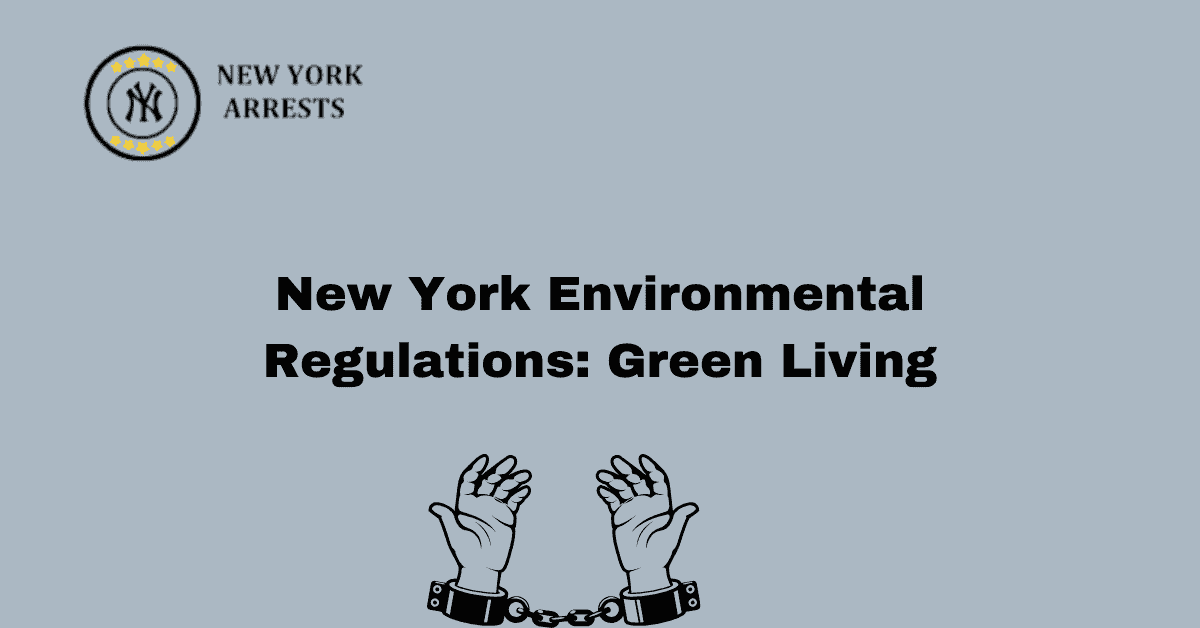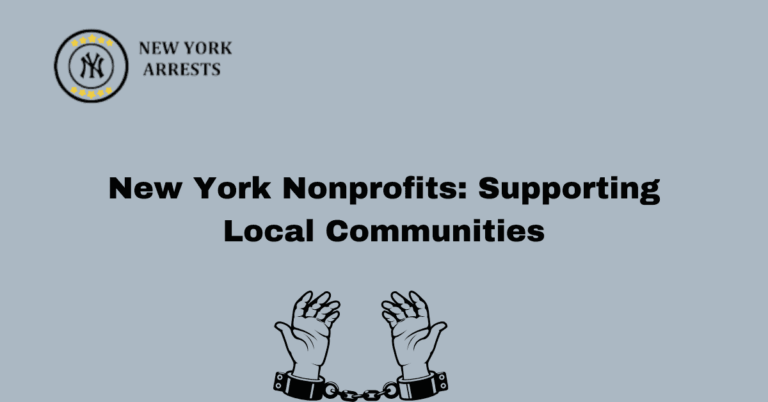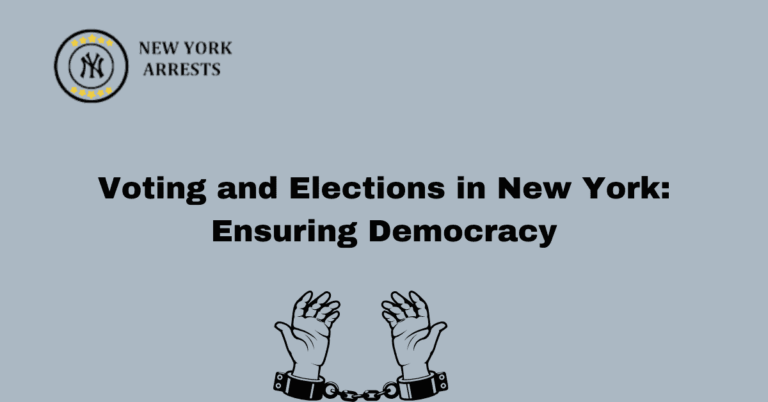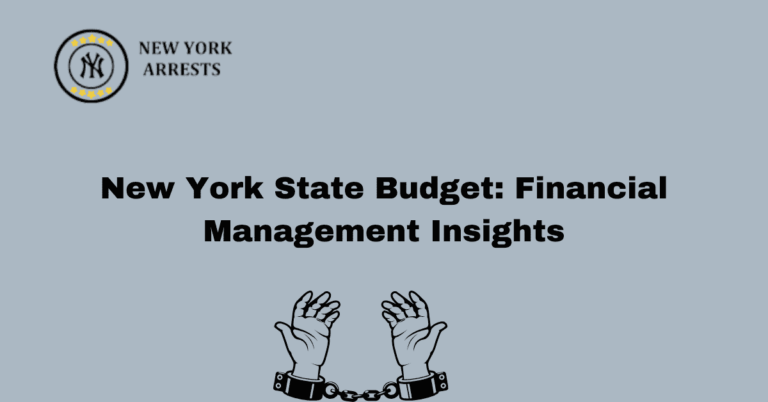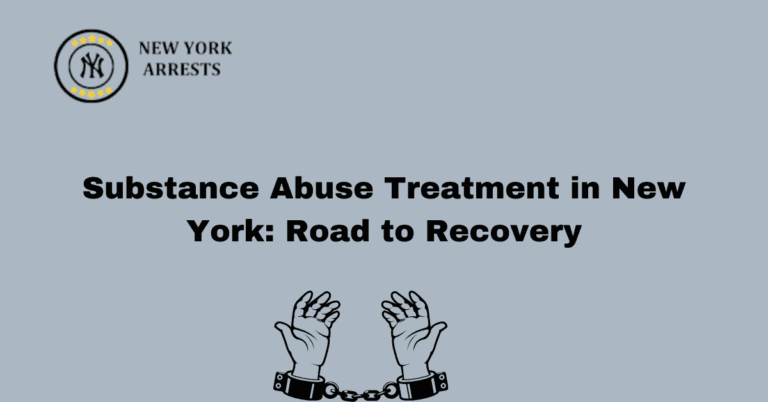New York Environmental Regulations: Green Living
New York is known for its bustling city streets, iconic landmarks, and diverse culture. However, it is also a city that values sustainability and environmental consciousness. With a growing concern for the planet, New York has implemented a series of regulations and initiatives aimed at promoting green living and reducing carbon emissions. From strict building codes to renewable energy incentives, the city is committed to creating a more sustainable future for its residents and visitors. In this article, we will explore some of the key environmental regulations in New York and how they are shaping a greener, more eco-friendly city.
Strict Building Codes
New York City has implemented strict building codes to ensure that all new construction projects adhere to environmentally-friendly standards. These codes require builders to use sustainable materials, incorporate energy-efficient designs, and utilize renewable energy sources. By enforcing these regulations, the city aims to reduce carbon emissions and promote the use of sustainable building practices.
Renewable Energy Incentives
New York offers various incentives and programs to encourage the use of renewable energy sources. These incentives include tax credits, grants, and rebates for individuals and businesses that install solar panels, wind turbines, or other renewable energy systems. By providing financial support, the city hopes to increase the adoption of clean energy technologies and reduce reliance on fossil fuels.
Waste Management and Recycling
New York City has implemented comprehensive waste management and recycling programs to reduce the amount of waste sent to landfills. These programs include curbside recycling collection, composting initiatives, and strict regulations on waste disposal. By promoting recycling and proper waste management practices, the city aims to minimize its environmental impact and conserve valuable resources.
Green Transportation Initiatives
In an effort to reduce carbon emissions and promote sustainable transportation options, New York City has implemented various green transportation initiatives. These include the expansion of bike lanes, the promotion of electric vehicles, and the improvement of public transportation systems. By encouraging the use of environmentally-friendly transportation options, the city aims to decrease air pollution and congestion while promoting a healthier and more sustainable way of getting around.
Water Conservation Measures
New York City recognizes the importance of water conservation and has implemented measures to reduce water consumption. These measures include promoting the use of water-saving fixtures and appliances, implementing water restrictions during drought periods, and encouraging residents and businesses to practice responsible water usage. By conserving water, the city aims to protect its water resources and ensure a sustainable water supply for future generations.
FAQs
What are the environmental regulations in New York?
New York has implemented various environmental regulations to promote green living. These regulations cover areas such as air quality, water pollution, waste management, and energy conservation. The state has strict emission standards for industries and vehicles to reduce air pollution. There are also regulations in place to protect water bodies from contamination and promote sustainable water usage. Additionally, New York encourages waste reduction, recycling, and proper disposal practices to minimize the environmental impact. The state also promotes energy-efficient practices and renewable energy sources to reduce carbon emissions and combat climate change.
How does New York promote green living?
New York promotes green living through various initiatives and programs. The state offers incentives for individuals and businesses to adopt energy-efficient technologies and practices. There are tax credits and rebates available for installing solar panels, energy-efficient appliances, and insulation. New York also encourages the use of public transportation and supports the development of bike lanes and pedestrian-friendly infrastructure. The state government actively engages in environmental education and awareness campaigns to encourage sustainable living. Additionally, New York invests in renewable energy projects and supports research and development in green technologies.
What are the benefits of green living in New York?
Green living in New York offers several benefits. By following environmental regulations and adopting sustainable practices, individuals and businesses contribute to the overall improvement of air and water quality in the state. This leads to better health outcomes for residents and a cleaner environment for future generations. Green living also helps in reducing greenhouse gas emissions, mitigating the impacts of climate change, and creating a more sustainable future. Additionally, energy-efficient practices and renewable energy sources can lead to cost savings and create job opportunities in the green sector.
How can individuals contribute to green living in New York?
Individuals can contribute to green living in New York by adopting simple yet impactful practices. These include conserving water by using efficient fixtures, repairing leaks, and practicing responsible water usage. Recycling and proper waste management are essential to reduce the amount of waste going to landfills. Using energy-efficient appliances, turning off lights and electronics when not in use, and utilizing renewable energy sources like solar power can help reduce carbon footprints. Choosing public transportation, carpooling, or biking instead of driving alone also contributes to a greener New York. Supporting local businesses that prioritize sustainability and eco-friendly practices is another way to promote green living.
What are the penalties for violating environmental regulations in New York?
Violating environmental regulations in New York can lead to significant penalties and fines. The state takes environmental protection seriously and enforces strict consequences for non-compliance. The penalties vary depending on the severity and nature of the violation. They can range from monetary fines to criminal charges, including imprisonment in some cases. Repeat offenders may face more severe penalties. It is essential for individuals and businesses to understand and adhere to the environmental regulations to avoid legal consequences and ensure a sustainable future for New York.
How can businesses comply with New York’s environmental regulations?
Businesses can comply with New York’s environmental regulations by understanding and following the specific requirements relevant to their industry. It is crucial to stay updated on the latest environmental laws and regulations applicable to their operations. Implementing sustainable practices, such as reducing waste generation, implementing energy-efficient measures, and using eco-friendly materials, can help businesses meet the environmental standards. Conducting regular audits, monitoring emissions, and properly disposing of hazardous materials are also essential. Seeking guidance from environmental consultants and participating in government-sponsored programs can assist businesses in ensuring compliance and achieving sustainability goals.

